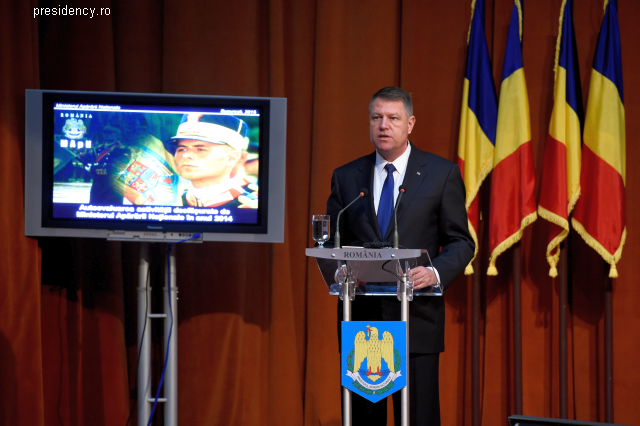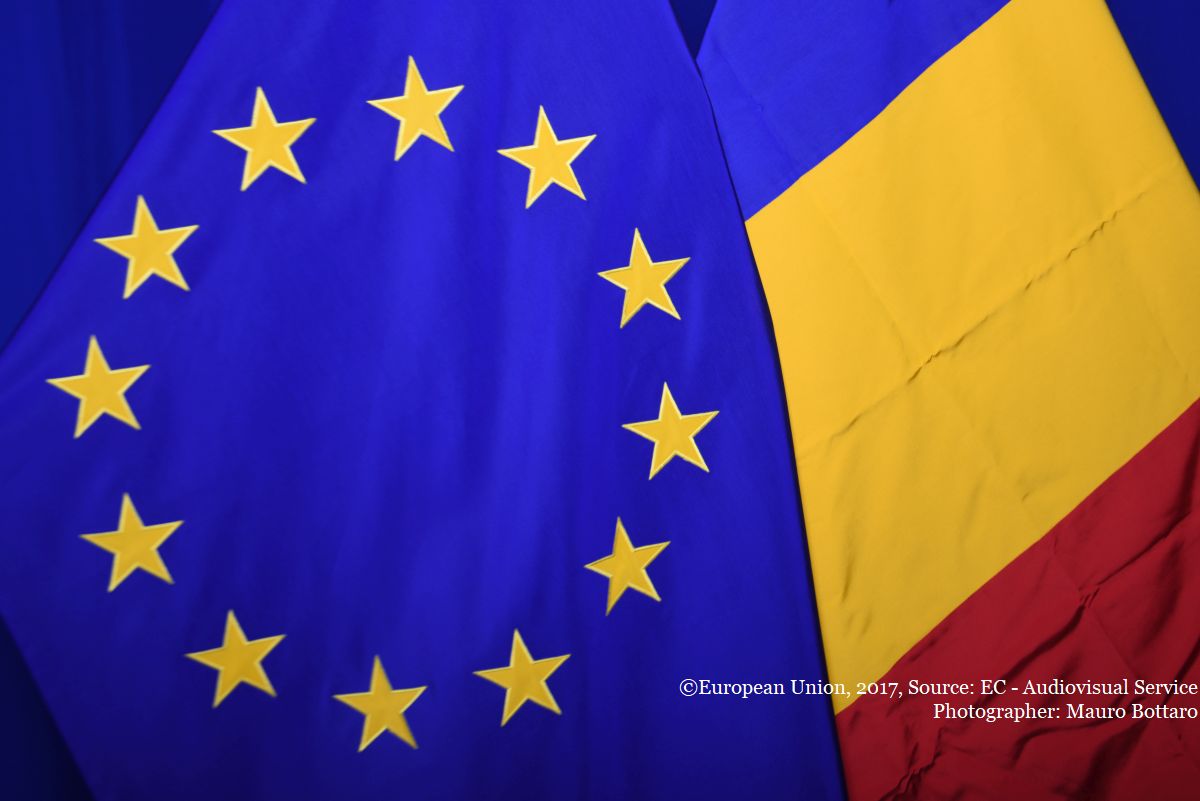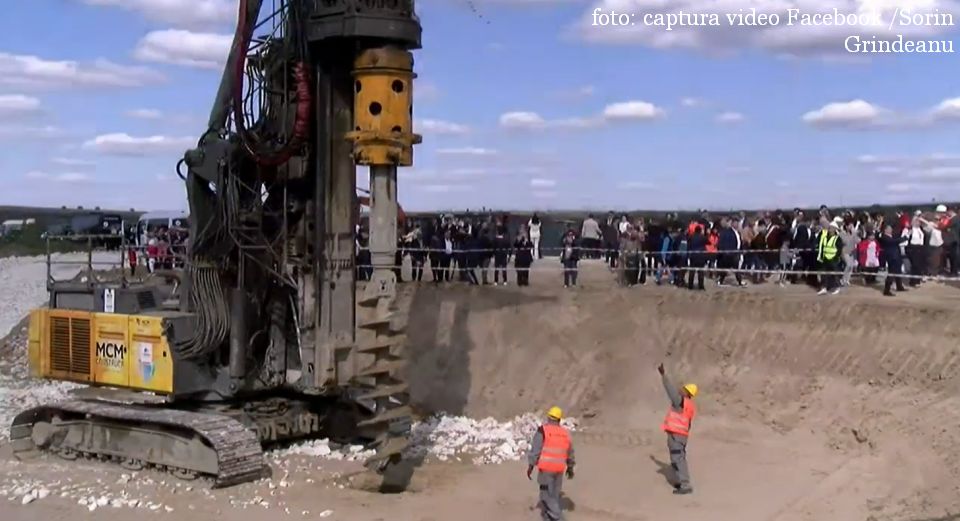Romania’s Defence Policy
The Romanian Defence Ministry presented its annual report.

Bogdan Matei, 11.03.2015, 13:36
It was to be expected that Russia’s fresh appetite for territorial expansion and the aggressive way in which it pursues its expansionist inclinations would also influence the Romanian defence policy.
Following the outbreak of the Ukrainian crisis last year, the activity of the Romanian defence ministry was determined by a change in the security environment in the larger Black Sea area and the growing instability on NATO’s southern borders, said defence minister Mircea Dusa at a meeting to present his ministry’s activity report for 2014.
National training for the Romanian military increased by 25% compared to the previous year, and regional and international training as part of NATO by 133%. In 2014, the Romanian army, together with its US partners, took part in its most complex exercise in the last five years. Training using live ammunition, bombs, air-to-air missiles and anti-tank missiles was conducted again after a long time. A total of 1,200 Romanian military took part in operations and missions outside Romania’s borders.
Also in 2014, Romania reinvigorated its strategic partnership with France and consolidated a special relationship with Germany, by means of permanent consultations. An integral part of the security of the free world, Romania reiterated its willingness to place a multinational command unit at NATO’s disposal and to host an integrated multinational structure, both of which will become operational within the next few years. President Klaus Iohannis, who attended the presentation of the defence ministry’s report for the first time, emphasised that complying with these commitments was vital, particularly within the current security context:
Klaus Iohannis: “In the short run, it is mandatory for us to comply with the commitments we made at the latest summit of the North Atlantic Alliance, in particular with regard to making the two new command structures operational. We must also make the base in Deveselu operational, in keeping with the calendar agreed with our strategic partner, the US. Last but not least, I would like to emphasise the need for a more active presence in the development of the European Union’s common security and defence policy, given that the process to revise the European Security Strategy will begin soon.”
The supreme commander of the armed forces as part of his presidential responsibilities, the president also said he would present Parliament with a new National Defence Strategy. The document will assess the international situation and present new lines of action to ensure the country’s long-term security. At the president’s initiative, a political agreement with the parliamentary parties was signed in January on the provision of at least 2% of the GDP to the defence budget by 2017.






























